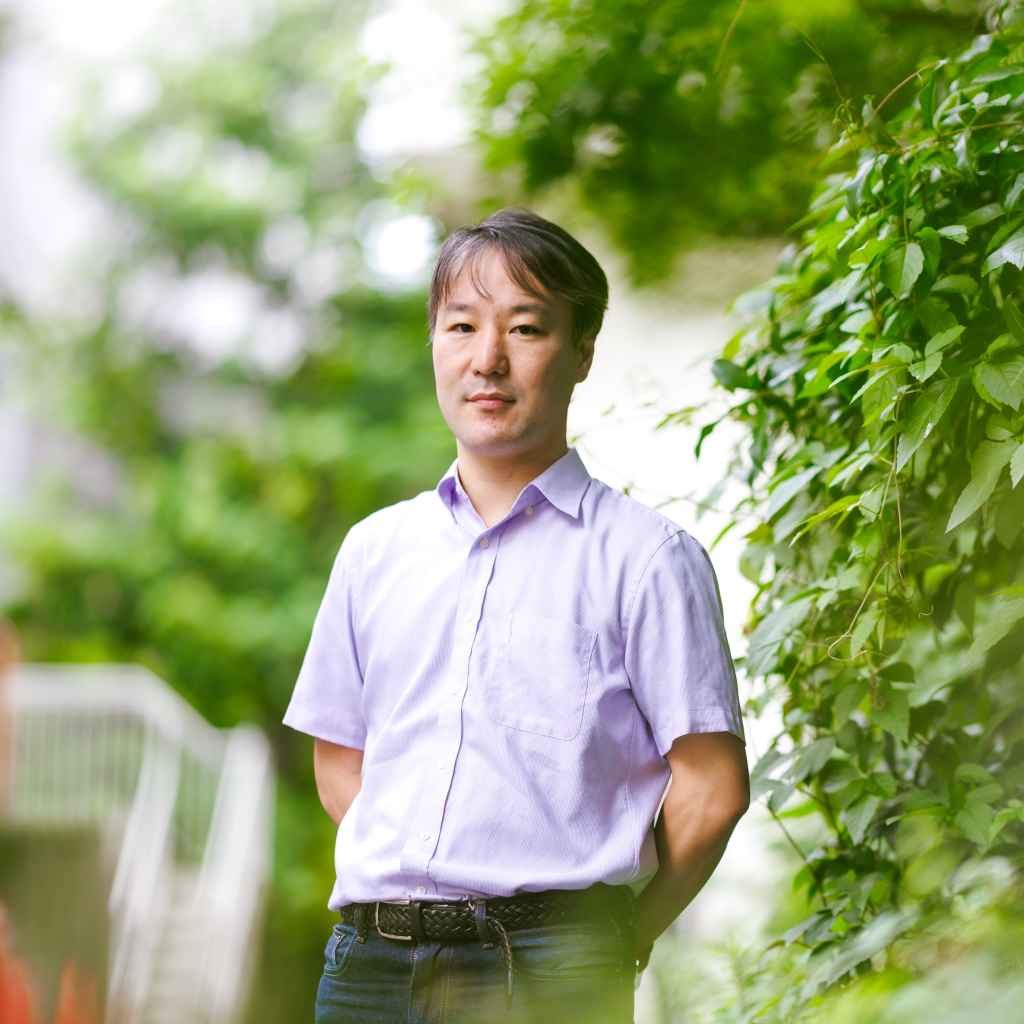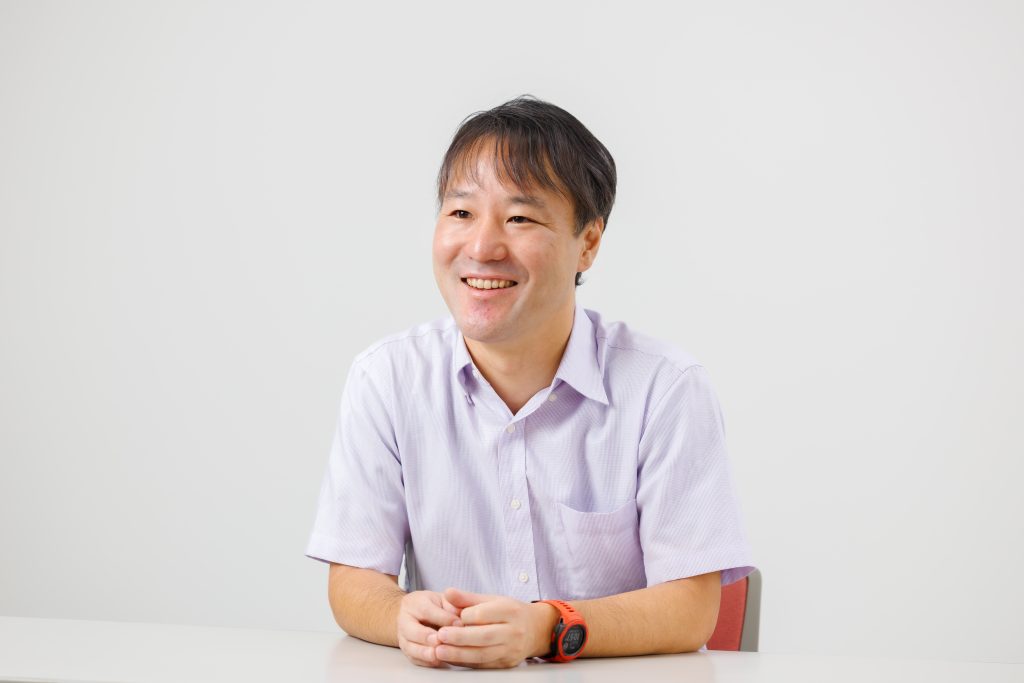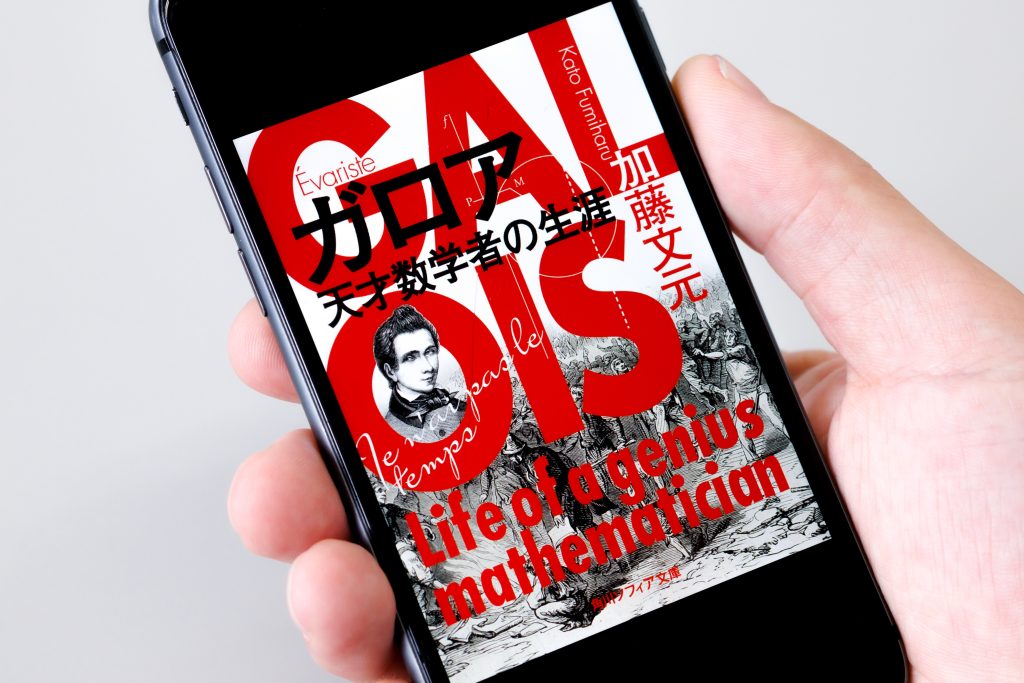
Why do so many nurses and care workers leave their jobs? To answer this question, Associate Professor Takuya Hasebe from the Faculty of Liberal Arts undertakes analysis and research using statistical data. Here he shares his interest in verifying, with scientific methods, the various inklings and intuitions that we may have about the world.
My area of expertise is applied microeconomics. This might sound at first like some kind of complex theory, but that is not the case. In fact, applied microeconomics analyzes the behavior of individuals to understand their decision-making process.
The world of economics is constantly awash with economic forecasts. Yet we sometimes wonder if they are really true. Applied economics seeks to identify and verify certain trends by utilizing a variety of statistical data. My field of study is called applied microeconomics, because it focuses on small units such as individuals and businesses. Specifically, my research focuses on labor and health economics.
Bringing scientific proof to causal relations

My current research asks, “What are the best working conditions for people involved in nursing and care work?” Although demand for nurses and care workers is increasing as Japan’s population ages, these jobs are also known for their high turnover rates. Since the quality of service falls when turnover is high, we do not want people to leave their jobs. So what is the solution?
It is possible to predict that higher salaries would reduce turnover. But financial resources are limited. Therefore, we need to be specific about the percentage of salary increase that would result in a certain percentage reduction in turnover. Besides salary, other working conditions and economic trends may also be involved.
My research focuses on analyzing this causality using statistical methods to identify the conditions that would lead to stable retention of employees. In parallel with this empirical research, I am also focusing on the development of statistical techniques for data analysis.
The importance of applied economics in evidence-based policy making
Applied economics has come to play a critical role in national and local policymaking. In the 2000s, “evidence-based policymaking” became a familiar term. Evidence-based policy making is a process for confirming causal relations between policies and outcomes, and formulating policies with an objective basis. Essentially, policies should be established on the basis of scientific evidence, as opposed to past experience or precedent.
To produce this evidence, we need to clarify the causal relations involved with data. Causation cannot be determined simple by looking at the numbers: Conducting the analysis correctly requires specialized skills. This is, I believe, where the technique of applied economics plays an important role.
I believe that my research will provide a body of evidence from which to tackle the issue of our aging society. Of course, research in this field can also yield results where no causality is found. But this is not a failure: It is part of the process by which we arrive at the evidence.
My career as a researcher is still in its early days, but as I progress, I hope to build a body of research that will be reflected in national and local policy and social initiatives in years to come.
The book I recommend
“Garoa: Tensai Sūgakusha no Shōgai”(Galois: The Life of a Genius Mathematician)
by Fumiharu Kato, Kadokawa Sophia Bunko

Galois, a 19th-century mathematician who developed his Galois theory while still in his teens, dove into political activism and lost his life in a duel at the young age of 20. I came across this book recently and after reading, wondered how my live would have changed if I had read it in high school.
-
Takuya Hasebe
- Associate Professor
Department of Liberal Arts
Faculty of Liberal Arts
- Associate Professor
-
Graduated from Rutgers, the State University of New Jersey. Obtained a Ph.D. in Economics from the Graduate Center, City University of New York. Was a postdoctoral scholar at the University of California, Davis before arriving at his current post in the Department of Liberal Arts, Sophia University, in 2014.
- Department of Liberal Arts
Interviewed: August 2022